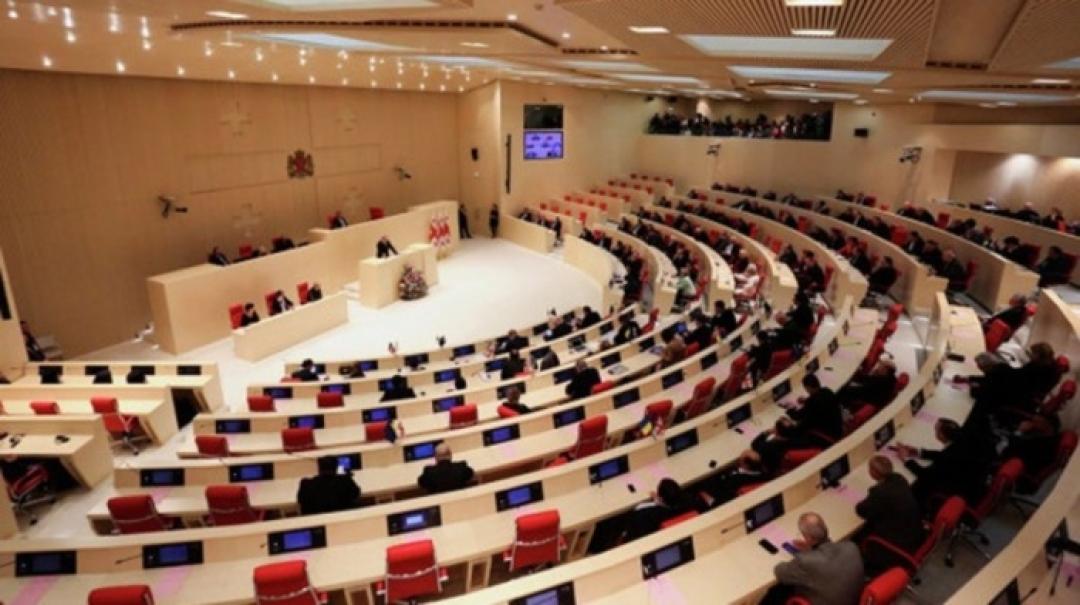
Georgian opposition and EU parliamentarians urge the government to release opposition figures

On 13 May, the parliamentary and non-parliamentary opposition members in Georgia issued in a joint statement that the election agreement from 8 March with the ruling Georgian Dream party was doomed to fail if the government ‘won’t fully abide by the agreement’ and opposition leaders remain behind cells, reported agenda.ge.
The opposition stated that it would not vote for the election bill per the agreement if Gigi Ugulava, Irakli Okruashvili and Giorgi Rurua remain in prison. Several of the opposition leaders also stated that if the ruling party continues to disregard the agreement, they will take to the streets taking the pandemic into account.
On the same day, German politician and member of the EU Parliament Michael Gahler, posted a tweet where he implied that the Georgian Dream ruling party was testing the waters whether the Western Friends of Georgia continue to expect the release of political prisoners.
Following Gahler’s tweet, the EU parliamentarians Andrzej Halicki (Poland) and Viola von Cramon-Taubadel (Germany) also publicly criticized the Georgian government. “We, Georgia's friends in the EU Parliament, welcomed the March 8 Agreement between the Government and the Opposition. No release of political prisoners means breaking the agreement and no fair elections. Set the political prisoners free!”, tweeted Halicki.
“It is unacceptable and simply in bad taste how Georgian Dream is trying to drag the facilitator diplomats into a bipartisan political confrontation. The diplomats, having the best interest of Georgia, did a tremendous service by mediating between the parties and brokering the 8 March agreement,“ said von Cramon, who is also a leading member of the Democracy Support and Election Coordination Group (DEG) in the EU parliament. “Lastly, both political sides, especially one with most power, should be reminded that reforming the electoral system and upholding the Rule of Law is a crucial stepping-stone for more democratic, more European Georgia. Compromises in these two areas cannot and will not be ignored by the European Union,” she added.
On 11 May, Georgia’s parliament speaker Archil Talakvadze asked the foreign facilitators to confirm that the 8 March deal did not involve a promise by the ruling party to release opposition leaders. Georgian Prime Minister Giorgi Gakharia also dismissed the notion that there are political prisoners in the country. The question of political prisoners in Georgia arose on 8 May, when the Lithuanian politician and member of the European Parliament Andrius Kubilius sent open letters to the key Georgian government officials, calling on them to ensure fulfilment of the 8 March election agreement reached with the opposition and raising his concerns regarding the recent conviction of several opposition leaders and members (Caucasus Watch reported).
See Also


Mirzoyan Meets US Deputy Assistant Secretary Joshua Huck

Azerbaijani President Holds Talks with UAE and German Business Delegations on Economic Cooperation

Grigoryan Confirms Armenia’s Readiness to Dissolve OSCE Minsk Group Upon Peace Treaty Signing

Azerbaijani Official Warns of Ecological Risks to Caspian Sea, Similar to Lake Urmia and Aral Sea

